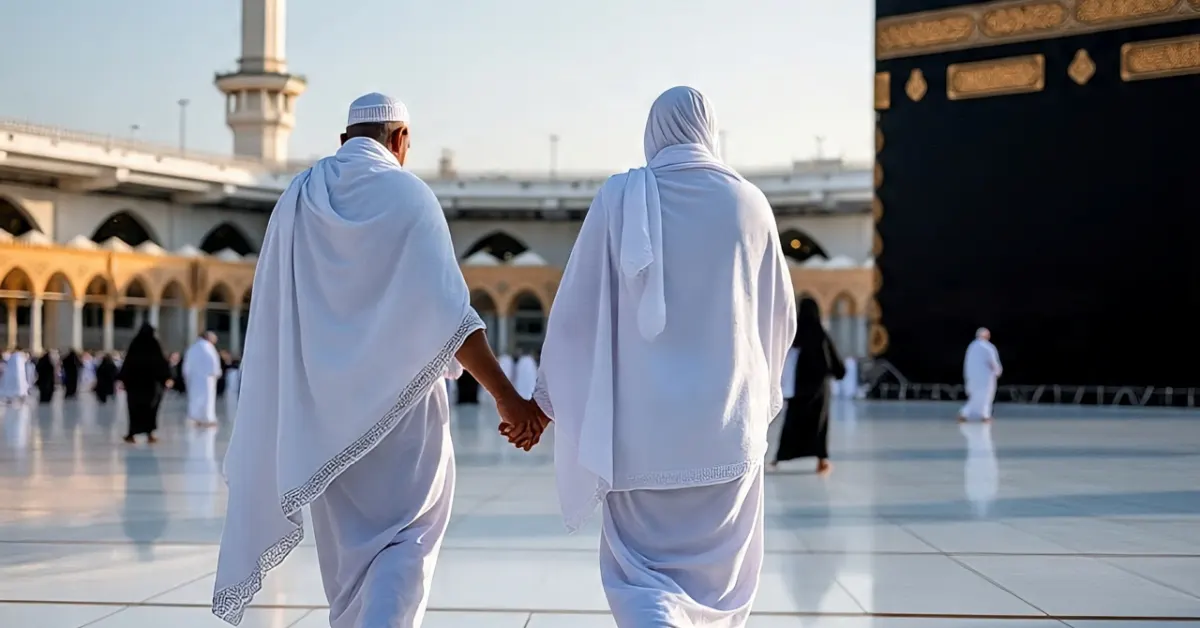Saudi Arabia’s decision to continue the “No-Child Rule” for Hajj 2026 has sparked mixed reactions across the Muslim world.
For many families, the restriction has raised questions about inclusivity, while authorities cite health and safety concerns as the primary reason.
This development matters because Hajj is not just a religious obligation it’s a deeply personal and often once-in-a-lifetime journey. The exclusion of children this year has reshaped how families experience the pilgrimage.
Health and Safety Take Priority
The Ministry of Hajj and Umrah reaffirmed its policy this year, barring children under 12 from participating in the pilgrimage.
Officials say the regulation is based on crowd management and public health considerations, especially given the intense summer heat and the physical demands of the rituals.
Medical experts have supported the decision, pointing to the high risk of dehydration, heatstroke, and viral infections among children in overcrowded environments.
With over a million pilgrims gathered in Makkah and surrounding holy sites, maintaining safety remains a logistical challenge.
Authorities also emphasized that the no-child policy helps reduce congestion during key rituals such as Tawaf and the stoning at Jamarat, both of which require careful crowd control to prevent accidents.
Emotional Cost for Families
While the rule has practical foundations, many families have expressed disappointment at not being able to bring their children.
For some, it delays the dream of completing the pilgrimage as a family unit. Others argue that early exposure to the sacred journey can instill lasting spiritual values in younger generations.
Travel agencies in countries like Indonesia, Pakistan, and Egypt have reported instances of parents postponing their trips altogether due to the restriction. Some have called for age flexibility or family-friendly zones, though such proposals haven’t gained official traction.
Looking Ahead
Saudi officials have signaled that the rule may remain in place for future Hajj seasons as part of broader reforms focused on safety and efficiency.
However, the ongoing debate highlights the need to balance public health with the spiritual and emotional dimensions of Hajj.
As global interest in the pilgrimage continues to grow, the Kingdom’s evolving policies are likely to remain under close observation not just for their logistical impact, but for how they shape the broader experience of one of Islam’s most sacred rites.

